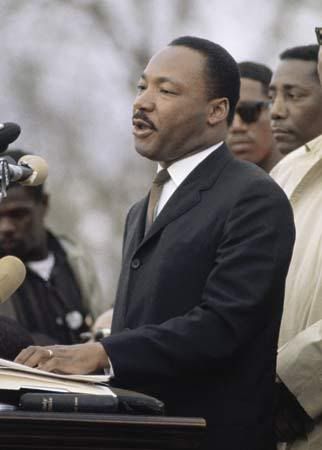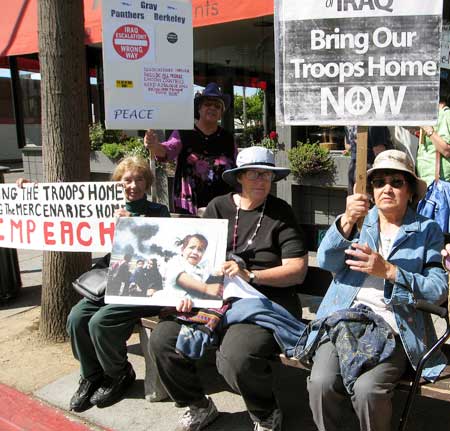John McCain is riding high in the polls right now. As of right now, he seems to be on the inside track to win the Presidential nomination. He is one of the few candidates who is currently leading Hillary Clinton and Barack Obama in the general election polls. And yet, it turns out that the McCain Doctrine on Iraq is now unraveling.
John McCain, whose campaign was left for dead last summer, was able to revive in part by portraying himself as a heroic figure who stood up and challenged the Bush administration on Iraq and called out Donald Rumsfeld. He was therefore able to attract Republican critics of the war that might otherwise have gone to Ron Paul; he was able to attract them by showing how the war was allegedly mismanaged. But McCain is now a ticking time bomb who is in danger of imploding. He hitched his wagons to the Petraeus Surge so that when there was more stability in Iraq, he could turn around and say that he was right all along. Already, Mitt Romney is drawing even with McCain in the polls in Florida.
John McCain’s political fortunes in this race rise or fall with the success or failure of the “surge.” And given the stories below, it seems that it has not addressed the ongoing violence in Iraq. People may argue at this point that there is a lot more stability in Iraq than there was several months ago. But the current relative stability in Iraq has nothing to do with the so-called “surge.” But it turns out that the current stability, which could unravel at any time, was a result of deals that were brokered by Northern Ireland and South African negotiators and 16 of the main Iraqi political factions. So, even if there was stability, John McCain cannot justifiably claim credit for it in the first place.






 Families gathered at the 5th Marine Regiment Memorial Park at Camp Pendleton, Calif.,(right) to spend their last few moments with loved ones before they left for Iraq. Regimental Combat Team 5 left Camp Pendleton on January 3 for their one year deployment to the Al Anbar province of Iraq.– USMC Photo.
Families gathered at the 5th Marine Regiment Memorial Park at Camp Pendleton, Calif.,(right) to spend their last few moments with loved ones before they left for Iraq. Regimental Combat Team 5 left Camp Pendleton on January 3 for their one year deployment to the Al Anbar province of Iraq.– USMC Photo.